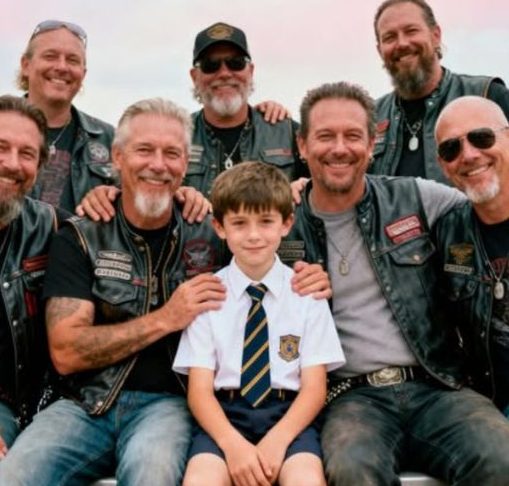Career Day was scheduled for the following day, and every student was expected to bring their fathers to school. However, nine-year-old Ethan faced a heartbreaking reality: his dad had lost his life in Afghanistan three years earlier. His teacher maintained a strict policy—no exceptions. Attend with your father or receive a zero for the day.
Determined to participate, the boy embarked on a midnight journey, walking four miles to reach our motorcycle club. Clutching twenty dollars saved from months of collecting cans, he stood nervously by our gate, wearing his school uniform and trembling with apprehension.
“My dad was a Marine,” he said softly, tears glistening in his eyes.
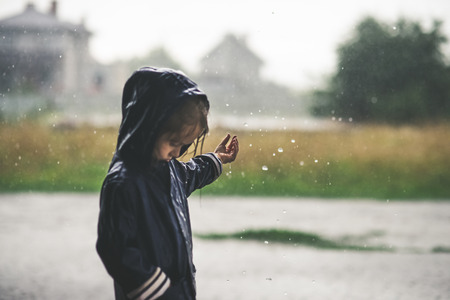
“He used to ride motorcycles. I’m scared everyone will laugh at me tomorrow because I don’t have a dad. Please, just one of you pretend to be him for an hour.”
What unfolded next was far from what anyone expected—least of all the principal who enforced the rigid rule.
I noticed Ethan first: a thin, rain-soaked boy tightly gripping a worn $20 bill as if it were the greatest treasure. The porch light cast shifting shadows over his face, revealing the fighting hope in his eyes despite his fear.
That night, we were midway through poker and old rock music echoed as empty beer bottles cluttered the table.
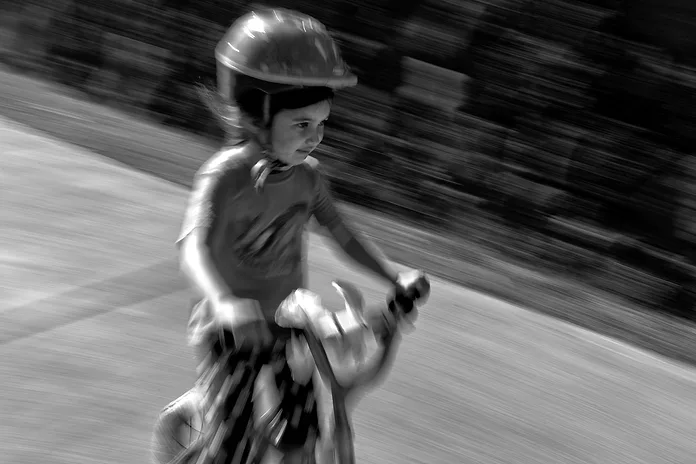
But when I opened the gate and heard Ethan’s plea, everything hushed instantly.
Nearly all members of our motorcycle club are veterans from the Marines, Army, or Navy. Some bear visible scars, while others carry invisible ones. Regardless, each of us intimately understands the solemn burden carried by the folded flag.
Rico, the quietest among us with a long beard and ever-present leather vest, stepped forward and knelt down beside Ethan.
“What’s your name, son?” he asked gently.
“Ethan Davis, sir,” the boy replied.
“You said your dad used to ride motorcycles?”
“Yes, sir. A black Harley. He promised to take me to the mountains when I was bigger.”

A sudden change came over Rico’s expression, as if a barrier he’d built crumbled in an instant.
“We’ll make sure no one laughs at you tomorrow,” he affirmed. “You found the right place.”
We dedicated the remainder of the night to preparing for the next day.
- Rico offered to accompany Ethan, pledging to shave, polish his service boots, and wear his dress blues beneath his biker attire.
- We discovered an old Marine pin in the clubhouse for Ethan to proudly wear.
- Our mechanic Tucker gave Rico’s motorcycle a fresh wax.
- May, the barmaid, packed Ethan a new lunch with an encouraging note: “You make your daddy proud.”
- I contacted the principal, using a longtime favor to ensure Ethan’s attendance.

Although Mr. Calloway grumbled at first, he reluctantly agreed on the condition that Rico wouldn’t intimidate other children.
“Have you ever met a Marine who wasn’t scary, sir?” I replied with a smile.
The next morning, Rico arrived on his gleaming Harley just outside the school, an American flag sticker shining on the side.
Ethan, wearing an oversized helmet and gripping Rico tightly, rode behind him, radiating excitement and pride.
As they entered, all eyes turned—children pressed to windowpanes, parents exchanged nervous but polite glances, and one mother even clutched her pearls.
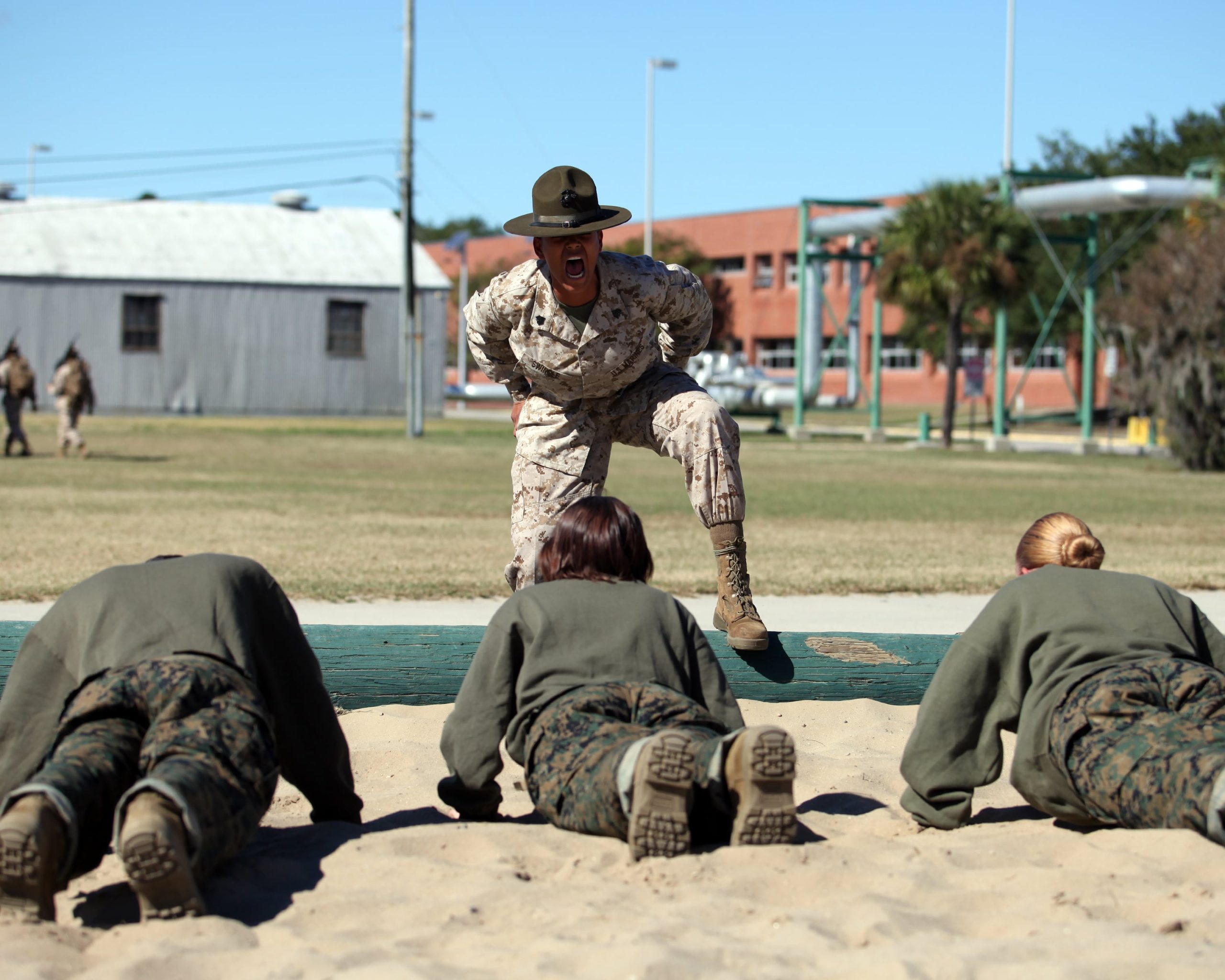
Rico walked in confidently, as though he belonged and had attended every Career Day since time immemorial.
In his calm, authoritative voice, he spoke about discipline, loyalty, and the virtues of selfless service.
He even demonstrated how to stand at attention and allowed Ethan to “inspect” the group, lighting up the boy’s face as bright as Christmas morning.
By the time the session ended, every child aspired to be a Marine.
Even the teacher who had instituted the harsh “no exceptions” policy applauded, visibly reconsidering her stance.
But the story did not end there.
When Ethan’s mother, Rachel, arrived to pick him up, she was unaware of his nocturnal adventure. Exhausted from working consecutive shifts, she had returned home to find his bed empty and called the police in panic.
Seeing Ethan dismount from the motorcycle with a triumphant smile, she rushed forward, caught between tears and raised voice.
“Where were you?!” she cried, clutching him close.
His simple answer: “I didn’t want to get a zero.”
Though initially angry, Rachel’s demeanor softened when Rico removed his helmet, saluted quietly, and explained Ethan’s courage.
She appeared stunned, as if a forgotten memory of her late husband resurfaced.
“My husband used to say that if anything ever happened to him, someone would look after us,” she murmured.
“Well,” Rico affirmed, “it seems that someone is us.”
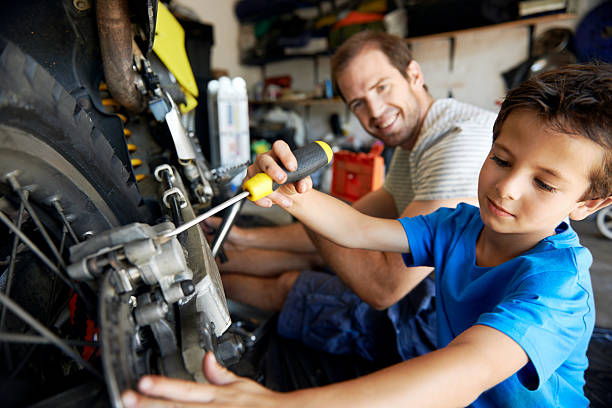
Our involvement didn’t stop after the event.
What began as a one-time act of support grew into a lasting bond. Ethan started visiting every Saturday, first sweeping the shop, then aiding with maintenance, and eventually staying just to listen to veterans’ stories about distant places and shared experiences.
He affectionately began calling Rico “Uncle R.” Rachel even started bringing cookies, often lingering longer than necessary, her laughter more frequent and genuine than before.
“I’m filing papers to be Ethan’s godfather,” Rico announced at our annual fundraiser. “We’re also launching a scholarship in honor of Corporal Benjamin Davis.”
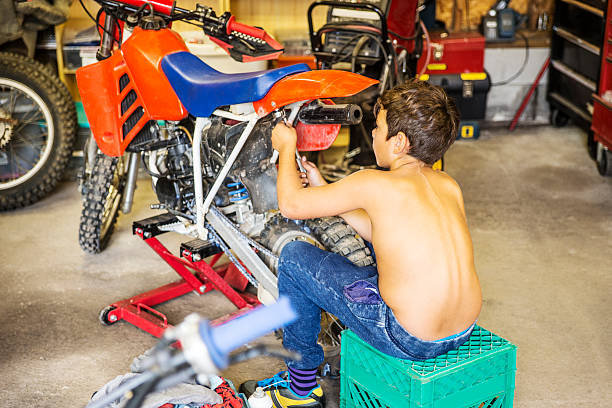
The clubhouse erupted with cheers. We had previously arranged rides for wounded veterans, collected toys, and raised funds for community projects, but this felt profoundly different — it felt like family.
Later that winter, a reporter shared our story locally, which eventually gained national attention. Letters flooded in from across the nation, bringing patches, books, and even college bonds for Ethan.
Then, a surprising twist unfolded the following spring.
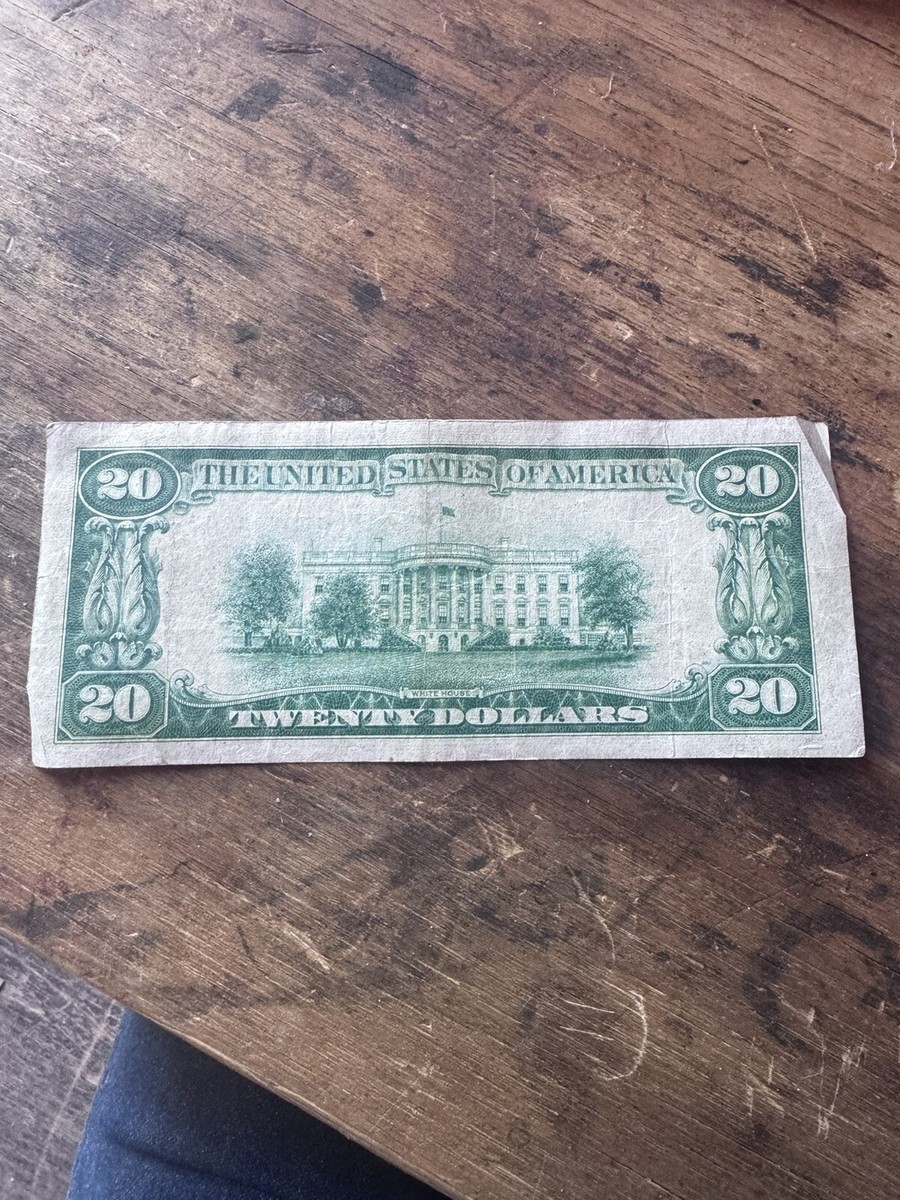
An official from the Department of Defense visited our clubhouse, bearing news linked to Corporal Davis’s final wishes. Before his deployment, the fallen Marine had filed paperwork requesting the establishment of a veteran-led mentorship program for his son.
Though the request had been buried in bureaucracy for years, our involvement brought it to life. Consequently, the government partnered with our motorcycle club to initiate “Ben’s Riders,” a pilot mentorship program that expanded into four states.
- Veterans mentor children who have lost parents in service.
- They teach mechanical skills, leadership, discipline, and provide a brotherhood forged by shared loss.
And Ethan? One day, he returned the original $20 to Rico with the heartfelt desire to pay kindness forward. Rico framed the bill, which now hangs alongside a photo of Ethan and his father in front of a Harley in our clubhouse.
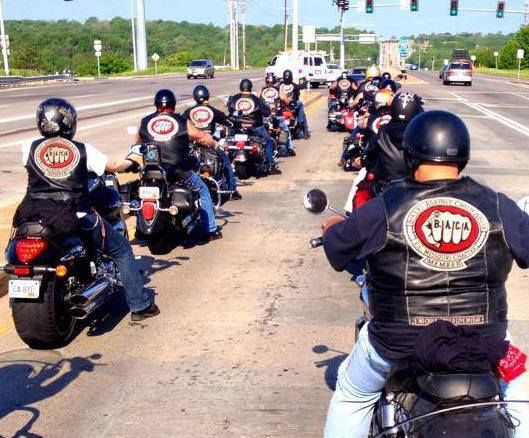
None of us anticipated that this quiet boy would transform so much with such a small act.
Ethan didn’t just come seeking help—he entered our lives, illuminating the true meaning of brotherhood and demonstrating to an entire community the incredible impact of stepping up, even when it falls outside your responsibilities.
Takeaway: The next time someone dismisses a school event or a single child’s effort, recall Ethan’s story—a tale of bravery, compassion, and the profound strength found in unexpected places. Sometimes family is not defined by blood, but by those who choose to stand by you when the world says no.
In the end, one boy, a folded twenty-dollar bill, and an enormous heart taught us all about hope, community, and courage.
This story reminds us that kindness and support can build families beyond traditional boundaries, inspiring us to be the difference someone desperately needs.
